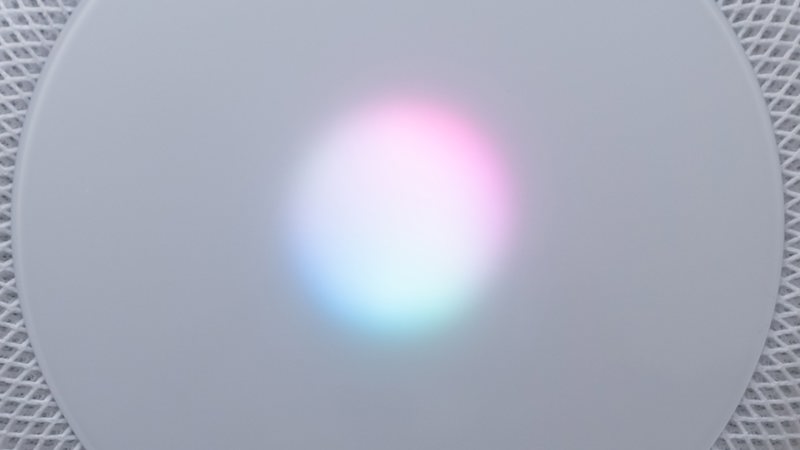
The European Commission (EC) has recently published a preliminary report on its sector inquiry into the consumer Internet of Things (IoT).
The report had a heavy focus on the use of voice assistants, such as Amazon’s Alexa, Google’s Google Assistant, and Apple’s Siri, as they represent the fastest developing interface for users to access the internet, to control smart devices and to access consumer IoT services. They are therefore becoming an increasingly important way for businesses to access consumers. In its preliminary report, the EC identified a long list of potential concerns with such services, including a lack of interoperability, the accumulation of data, pre-installation/default-settings/prominence, exclusivity clauses, tying, and dis-intermediation.
An interesting question is how the EC’s consumer IoT sector inquiry will impact the EC’s Digital Markets Act (DMA). In the EC’s draft DMA, voice assistants were not included as a “core platform service” and hence were potentially not explicitly within scope of the DMA. However, Andreas Schwab, the leading lawmaker steering the DMA through the EU Parliament, has recently proposed that the DMA should be amended to state that the EC may soon need to assess whether to add voice-enabled services as a “core platform service”. Businesses that use voice assistants to reach their customers will be keen to understand how the DMA’s obligations could be tailored to the specific characteristics of voice assistants.
For more information, please contact media@frontier-economics.com or call +44 (0) 20 7031 7000.





